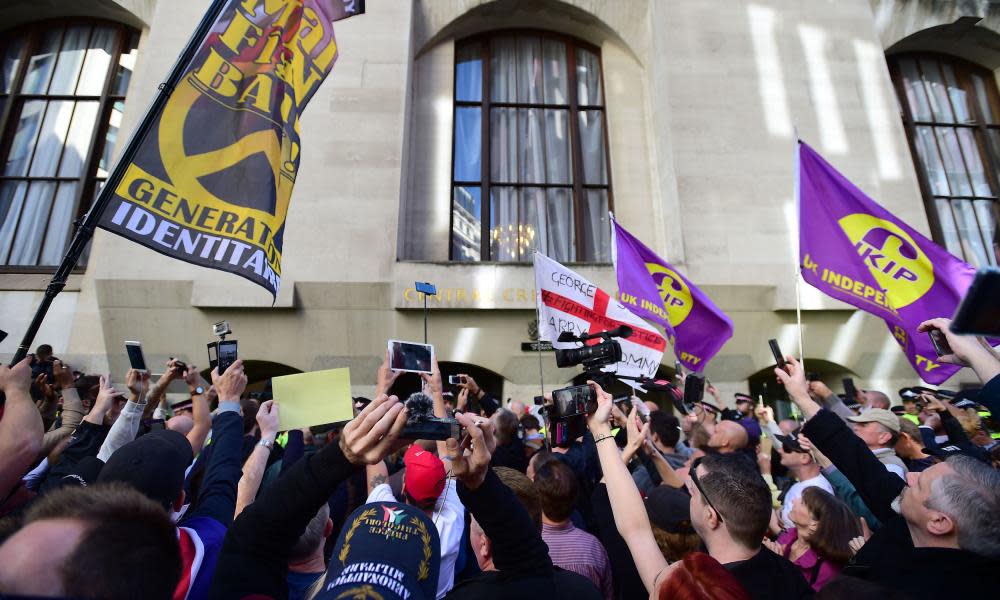The Observer view on dealing with child-grooming gangs

Rotherham, Rochdale, Oxford, Bristol, Peterborough, Newcastle – and now Huddersfield. These are the places across the country where young girls, failed by those supposed to protect them, have been preyed on by gangs of men who repeatedly rape and abuse them. Every new case that emerges raises the question: how many more are there to come to light?
No words can do justice to the horrific abuse perpetrated by a gang of 20 men in Huddersfield, believed to be Britain’s single biggest grooming prosecution. The men plied vulnerable girls as young as 11, including those in care and with learning disabilities, with alcohol and drugs in order to sexually abuse them. The abuse included men raping intoxicated girls while others watched, sexual abuse with a drinks bottle and gang rape by men using plastic bags as condoms.
There is an understandable urge to react out of raw anger. Yet the most important question we can ask as a society – calmly, rationally – is how to prevent this sort of abuse from happening again.
But the vexed issue of the ethnicity of the perpetrators – they were all of Asian descent – has prepared the way for a kneejerk reaction and a polarised debate between those who argue that these men’s race and faith are the main factors driving these crimes on the one hand and those who strenuously deny that they play a role at all.
Some, such as Tommy Robinson, who put the very trial of these men at risk by breaking reporting restrictions, are acting purely in bad faith, using the fate of these girls to further their own racist agenda. Others may be acting out of concern that discussing the ethnicity of these men could stoke racist sentiment. All are failing the victims. To prevent these crimes in the future, we first have to understand two things. Why did the institutions that were supposed to protect these girls fail? This is the subject of the continuing independent inquiry into child sex abuse. Second, what explains the patterns of behaviour of these male abusers? This is a question that isn’t being properly explored, because everyone already thinks they have the answer.
What lies at the root of such criminal behaviour is likely to be extremely complex. It is clearly wrong to imply, as many have, that faith and culture are the only driving factor. Profession may play a role: Asian men are more likely to work in the night-time economy, which gives them greater opportunity to exploit vulnerable children. The disgusting prejudice towards the mainly white, working-class victims in places such as Rotherham and Rochdale was not limited to the mainly Asian perpetrators, but extended to the police and social workers.
But neither can culture nor their own racism be taken off the table as contributing factors in explaining how individuals become perpetrators. It would be preposterous to suggest that the sexual exploitation of children is concentrated among people of a particular ethnicity: it goes on everywhere. But it is certainly plausible that within different cultures sexual abuse might take different forms, or manifest itself in different ways, and, if so, it is crucial to understand that.
It is imperative, though, to be clear that exploring this question to inform the prevention of abuse in no way implies whole ethnic or faith communities are more likely to sexually abuse children than others. That’s why the home secretary’s careless, simplistic tweet about the case was deeply irresponsible.
There will almost certainly be another trial, another set of horrifying revelations. To complement the review of the institutional failures that allowed child sexual exploitation to happen, we also need to improve our understanding of how and why these men commit their vile crimes, with no potential explanation off the table. But the sad reality is that this is unlikely to happen in a climate where everyone from the home secretary down is so quick to fill in a narrative that best serves themselves, not the young victims.

 Yahoo News
Yahoo News 
